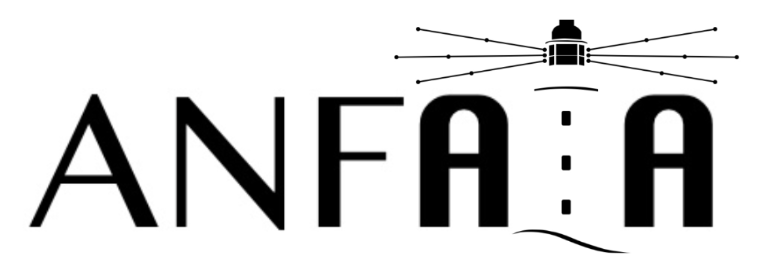Last Thursday, September 25th, the ANFAIA Association held the closing ceremony of the ANFAIA Summer Scholarships 2025 on Artificial Intelligence, a program that during the months of July and August brought together five young researchers around innovative projects with social impact. The event provided a space for reflection, learning, and presentation of initiatives that combine creativity and technology, highlighting the value of artificial intelligence as a transformation tool in different areas of society.
During the event, participants presented their five projects developed over the last two months, covering remote health, inclusive education, process automation, environmental impact, and digital culture. All works were conceived under the open source philosophy, which guarantees free access for the community and allows others to learn from them, replicate them, or improve them through public repositories such as GitHub.
Featured Projects and Scholarship Recipients' Profiles
Each project reflects the profile and trajectory of its authors, as well as the ability to adapt to an interdisciplinary work environment and accelerated learning.
Each project emerged from a creative and technical process that involved facing challenges and learning on the go. Some scholarship recipients, like Hugo, had more structured ideas from the start, while others, like Irene and Carolina, came from less technical backgrounds, facing the challenge of applying technology to specific problems with social impact. Pablo and Anxo, with technical training, also had to adapt and explore new areas to shape their proposals.
Mentors, Institutional Support, and Collaborative Learning
The program had the accompaniment of eight specialized mentors, whose guidance was fundamental for participants to transform difficulties into tangible achievements. In addition, AITIRE, Fundación Matrix, and Feuga offered institutional support, sponsorship, and data access, consolidating an ecosystem of collaboration between academia, business, and civil society.
The scholarship recipients' experience was marked by constant interaction with mentors, who not only guided on technical matters but also encouraged young people to overcome blockages and maintain a critical and creative vision of their projects. As Ismael Faro, president of ANFAIA, noted: "Rarely can you bring together such talented people and create something so incredible. You may have passed the most difficult part, which is starting, and from there you will achieve incredible things."
For his part, Miguel González, ANFAIA mentor, highlighted the importance of taking advantage of the opportunities offered by the latest technologies: "We face a new challenge which is the latest technologies and it is time to do this kind of thing. In the future we have to get on this train and combine the usual with AI for our survival."
Reflection on the Experience and Future Perspectives
During the closing ceremony, scholarship recipients and mentors shared a reflection panel on the future of responsible artificial intelligence, addressing ethical challenges, open innovation opportunities, and the need to combine technical knowledge with social sensitivity.
Participants agreed that, although today they would approach the projects differently, the experience gained has provided them with confidence and skills to optimize their initiatives and face new challenges. "It's a push to learn and get out of your comfort zone. It's a way to test your skills and expose your potential, with the help of great mentors. It's two months of learning a lot and very quickly," said Irene Gallardo.
With the closing of the 2025 edition, ANFAIA reaffirms its commitment to practical training, knowledge transfer, and social commitment around artificial intelligence, consolidating a model that combines accelerated learning, open innovation, and multidisciplinary collaboration.
The five projects are now available on GitHub, which allows the community to continue exploring, improving, and applying the developed solutions. For the scholarship recipients, this is just the first step of a journey that promises to continue growing, driven by creativity, collaborative learning, and the ability to transform artificial intelligence into a tool at the service of society.

